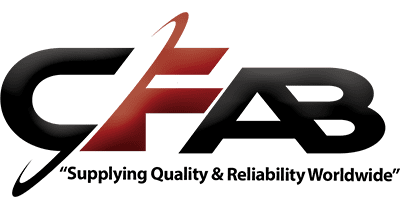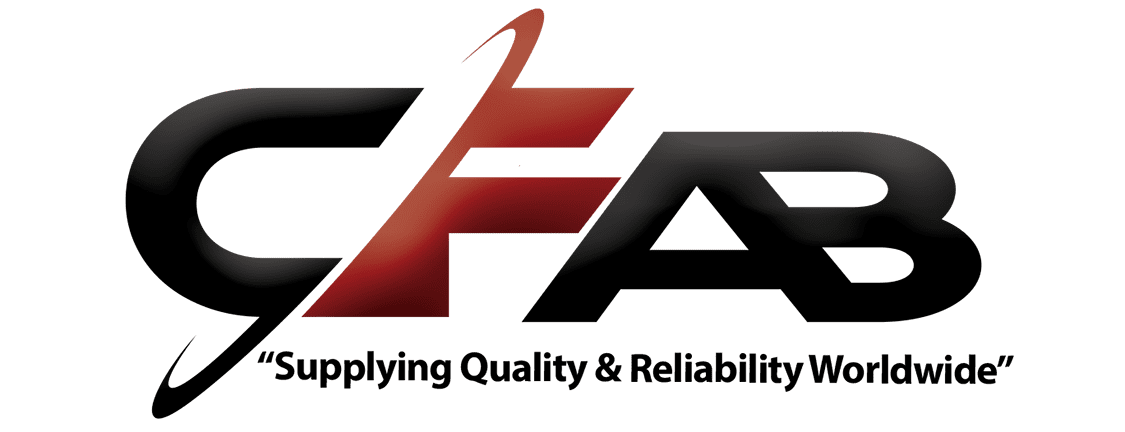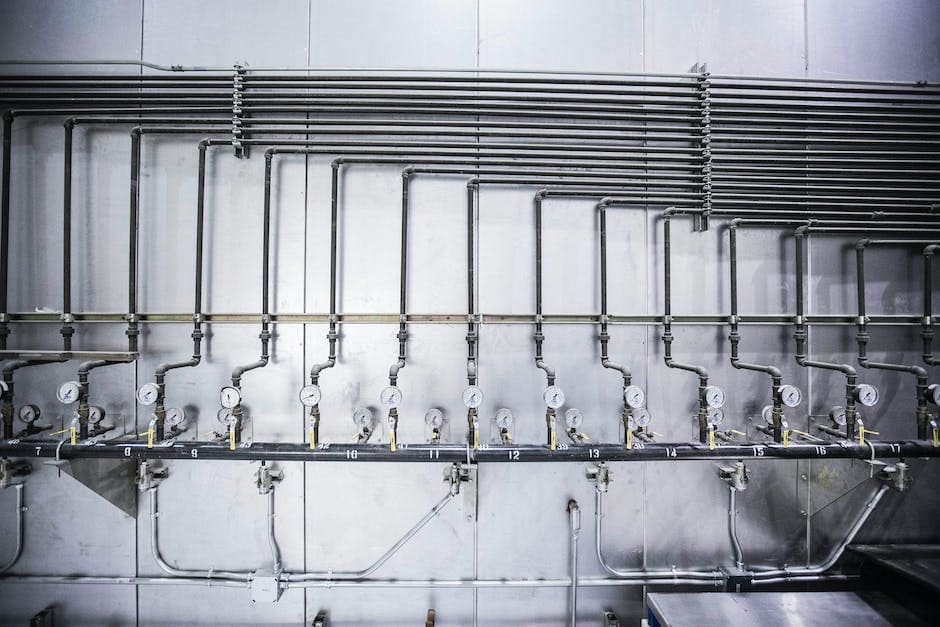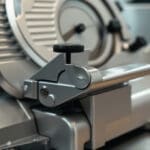Looking for Machine Reliability Specialists? Here’s a quick guide:
– Reliability Engineering ensures machines run smoothly and last longer.
– Machine Safety focuses on protecting workers and equipment.
– Risk Assessment identifies and mitigates potential issues before they cause downtime.
If you’re in the manufacturing sector, you understand the impact of machinery downtime on productivity and costs. Frequent breakdowns and lost-time production are not just headaches; they are significant challenges that can set back your manufacturing goals. This is where the expertise of Machine Reliability Specialists comes into play. Their role is crucial in ensuring your machinery operates efficiently, safely, and reliably. By focusing on Reliability Engineering, Machine Safety, and thorough Risk Assessment, they provide the backbone needed for a thriving manufacturing environment.

These specialists are your partners in addressing your main pain points: they help increase productivity, reduce equipment downtime, and extend the lifespan of machinery components through customized analysis and tailored machinery support. In this introduction, let’s delve into how Machine Reliability Specialists can help your manufacturing company achieve its goals by focusing on Reliability Engineering, Machine Safety, and comprehensive Risk Assessment.
Understanding the Role of a Machine Reliability Specialist
When we talk about Machine Reliability Specialists, we’re diving into experts who ensure that machinery and equipment run smoothly, efficiently, and safely. Their role is crucial in manufacturing and industrial settings, where a single machine’s downtime can lead to significant losses. But what exactly do these specialists do? Let’s break it down into three key areas: Reliability Assurance, Industry Standards, and Customer Satisfaction.
Reliability Assurance
At the heart of a Machine Reliability Specialist’s role is the promise of Reliability Assurance. This means making sure that machines are not just working, but working well and for as long as expected. They look into the future, predicting and preventing failures before they happen. Through a mix of technical know-how and hands-on experience, these specialists analyze failure modes, conduct risk assessments, and implement maintenance strategies that keep machines running longer and more reliably. This proactive approach to maintenance is key to avoiding unexpected breakdowns and costly repairs.
Industry Standards
Industry Standards are like the rulebook for machine reliability. These standards ensure that equipment meets certain criteria for performance, safety, and quality. Machine Reliability Specialists are well-versed in these standards, which include guidelines from organizations like OSHA (Occupational Safety and Health Administration) and ANSI (American National Standards Institute). They ensure that machines not only run efficiently but also safely and in compliance with regulatory requirements. This knowledge protects companies from legal issues and helps maintain a safe working environment for employees.
Customer Satisfaction
Finally, Customer Satisfaction. It might seem a bit off-track to talk about customers when discussing machine reliability, but it’s actually right on point. When machines work as they should, without unexpected downtimes, it means that production lines can meet their targets, quality stays high, and orders get fulfilled on time. This level of reliability directly impacts the end customer’s satisfaction with the product. Moreover, by ensuring equipment longevity and efficiency, Machine Reliability Specialists help companies save money in the long run, which can also lead to better pricing for customers.
The role of Machine Reliability Specialists is multi-faceted. They are the guardians of industrial equipment, ensuring that everything runs smoothly, efficiently, and safely. Through their expertise in reliability assurance, adherence to industry standards, and a keen eye on customer satisfaction, they play a crucial role in the success of manufacturing operations.
Understanding the depth and breadth of what Machine Reliability Specialists do helps us appreciate the importance of their role in industrial and manufacturing settings. Their work ensures that machines, the backbone of production, are reliable, safe, and efficient – contributing directly to a company’s bottom line and customer satisfaction.
We’ll delve deeper into the strategies these specialists employ to enhance machine reliability, including preventive maintenance, risk assessment, and leveraging technology for continuous improvement.
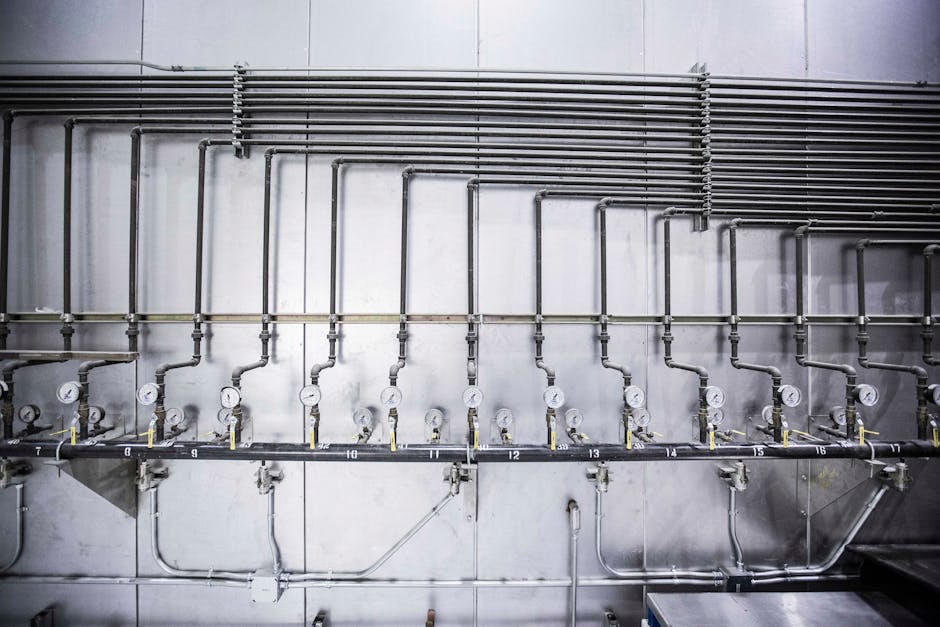
For more insights into the critical role of reliability engineering, check out this detailed discussion on Quora.
Key Strategies for Enhancing Machine Reliability
Enhancing machine reliability is crucial for maintaining productivity and ensuring workplace safety. Machine Reliability Specialists leverage a variety of strategies to achieve this goal. Below, we explore these strategies in detail.
Preventive Maintenance
Ansys Lab and Environmental Chambers: By utilizing cutting-edge facilities like Ansys’ lab, which features environmental chambers for rigorous testing, specialists can simulate different conditions to predict and prevent failures before they occur. This proactive approach to maintenance is essential for extending the lifespan of machinery.
Failure Analysis: Understanding why failures occur is pivotal. Through detailed failure analysis, specialists can identify root causes and implement strategies to prevent future occurrences. This might involve adjustments in operation, design changes, or the replacement of at-risk components.
Risk Assessment and Safety Audits
OSHA Standards and Machine Risk Assessment: Compliance with OSHA standards is not just about legal adherence; it’s about ensuring the safety and reliability of machinery. Specialists conduct thorough risk assessments and safety audits to identify potential hazards and implement corrective measures.
Safety Audit Software Apps: The use of sophisticated software apps enables the efficient and accurate completion of safety audits and risk assessments. This technology ensures that no stone is left unturned in the quest for a safer work environment.
Implementing Functional Safety Measures
Machine Guarding: Proper machine guarding is a fundamental aspect of functional safety. It protects workers from injuries and ensures that machinery operates within safe parameters.
Control Reliability and Safety Control Systems: Implementing reliable control systems is vital for preventing unintended machine operation. Specialists focus on designing systems that maintain safety and reliability, even in the event of component failures.
Leveraging Technology for Continuous Improvement
Digital Transformation: Embracing digital transformation allows companies to monitor machine performance in real-time, predict failures before they happen, and optimize maintenance schedules. This agility in response to data insights leads to improved machine reliability.
Data Collection: Collecting and analyzing data from machinery operations is integral to understanding performance trends, identifying potential issues, and making informed decisions about maintenance and upgrades.
Training and Education
Machine Safety Training: Educating employees on safe machine operation and hazard awareness is critical. Training programs provide the knowledge and skills necessary to recognize and mitigate risks effectively.
Compliance Guidance: Keeping up with changes in safety standards and compliance requirements is a continuous challenge. Machine Reliability Specialists provide invaluable guidance to ensure that companies not only meet but exceed regulatory expectations.
Implementing these strategies requires a holistic approach that combines technical expertise, practical experience, and a commitment to safety. By adopting these practices, companies can significantly enhance the reliability of their machinery, reduce downtime, and create a safer working environment.
For a deeper understanding of reliability engineering and its impact on machine safety and efficiency, consider exploring additional resources and professional guidance. Machine Safety Specialists, equipped with the right tools and knowledge, are key partners in achieving operational excellence.
Explore more about the importance of preventive maintenance and safety audits in enhancing machine reliability through this comprehensive overview on Quora.
Addressing Common Machine Reliability Concerns
Machine reliability is at the heart of industrial operations. Without it, productivity suffers, downtime increases, and costs soar. Let’s dive into some common concerns and how addressing them can lead to optimal uptime.
How to Conduct an Effective Risk Assessment
Effective risk assessment is your first line of defense against potential machine failures. It involves identifying potential hazards, evaluating the likelihood and consequence of these hazards, and then implementing measures to mitigate these risks. Here’s how to do it right:
-
Identify Potential Hazards: Look at what could go wrong with each machine. This includes mechanical failures, operator errors, and environmental factors.
-
Evaluate Risk: Assess the likelihood of each hazard occurring and its potential impact on operations. This step often involves consulting with Machine Reliability Specialists who have the expertise in analyzing complex machinery.
-
Mitigate Risk: Based on your evaluation, implement measures to reduce or eliminate risks. This could include machine upgrades, changes in operation procedures, or increased safety measures.
An effective risk assessment isn’t a one-time task but a continuous process of evaluation and improvement.
The Importance of Regular Maintenance and Safety Audits
Regular maintenance and safety audits are critical to ensuring machine reliability. They help identify issues before they lead to failures, ensuring machines operate smoothly and efficiently. Here’s why they’re important:
-
Preventive Maintenance: Regularly scheduled maintenance can prevent the majority of machine breakdowns. It includes tasks like lubrication, parts replacement, and software updates.
-
Safety Audits: These are comprehensive reviews of machinery and work environments to ensure compliance with safety standards, such as those set by OSHA. They help identify potential hazards that could lead to accidents or machine failures.
Both activities are not just about compliance but are essential practices for minimizing downtime and extending the life of machinery.
Strategies for Minimizing Downtime and Maximizing Productivity
Minimizing downtime is crucial for maintaining high productivity levels. Here are some strategies to achieve this:
-
Implement a Machine Safeguarding System: Ensure that all machinery is fitted with appropriate safety guards and emergency stops to prevent accidents and equipment damage.
-
Follow Legal Requirements for Workplace Hazard Assessment: As required by OSHA, conduct and document a workplace hazard assessment to identify and mitigate potential risks.
-
Adopt Practical Solutions for Timeline Management: Utilize project management tools and techniques to ensure that maintenance and upgrades are completed efficiently without significant disruptions to operations.
-
Understand and Plan for Cost Constraints: Allocate resources wisely, focusing on preventive measures and efficient repair strategies to minimize long-term costs associated with machine downtime.
By addressing these common concerns, organizations can ensure their machinery operates reliably, safely, and efficiently, ultimately leading to improved productivity and reduced costs. Machine Reliability Specialists play a crucial role in this process, offering expert guidance and solutions tailored to each company’s unique needs and challenges.
As the industrial landscape continues to evolve, staying ahead of machine reliability concerns becomes more critical than ever. For in-depth insights and guidance on ensuring the reliability of your machinery, consider partnering with a Machine Reliability Specialist. Their expertise can be the key to unlocking optimal machine uptime and productivity.
For further reading on reliability engineering principles and practices, check out this comprehensive resource: Reliability Engineering.
Conclusion
As we wrap up our journey through machine reliability, it’s clear that ensuring the optimal uptime and productivity of your machinery isn’t just a task—it’s a critical commitment to the success of your business. At CFAB Global, we understand the complexities and challenges that come with maintaining machine reliability. That’s why we’ve developed a comprehensive Machine Reliability Program tailored to meet the unique needs of your operations.
Our program isn’t a one-size-fits-all solution; it’s a Customized Analysis approach that digs deep into the specifics of your machinery and operational requirements. We leverage cutting-edge technology, industry best practices, and our extensive expertise to develop strategies that not only address current issues but also anticipate future challenges. This proactive approach ensures that your machinery operates at its best, minimizing downtime and maximizing productivity.

Here’s what sets our Machine Reliability Program apart:
- Tailored Solutions: We recognize that each operation is unique. Our customized analysis ensures that the solutions we provide are perfectly aligned with your specific needs.
- Expert Guidance: Our team of Machine Reliability Specialists brings years of experience and deep industry knowledge. We’re not just consultants; we’re partners in your success.
- Continuous Improvement: The world of machinery and technology is always evolving. Our program is designed to adapt and grow, ensuring that you’re always at the forefront of reliability and efficiency.
In a landscape where downtime can mean lost revenue and compromised safety, partnering with CFAB Global offers you peace of mind. Our commitment is to ensure that your machinery is a reliable asset, not a potential liability.
Unlock the full potential of your operations with our Machine Reliability Program. Let’s work together to create a seamless, efficient, and safe production environment. Your machinery is the backbone of your business; let’s ensure it’s as strong and reliable as possible.
For more information about how we can tailor our services to meet your needs, visit our services page. Let’s embark on this journey to operational excellence together.
